Home >
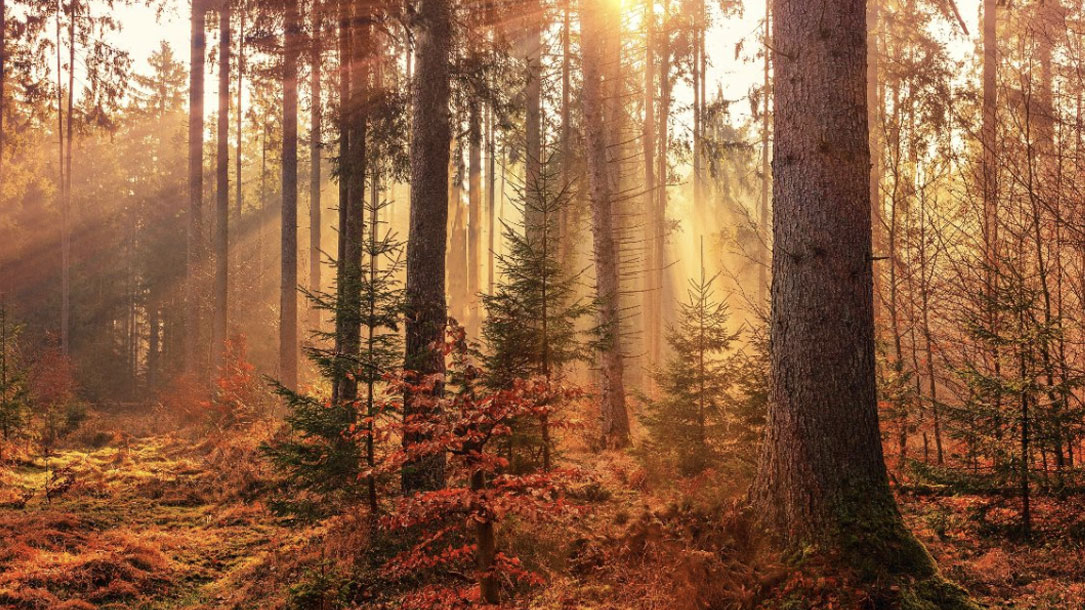
Rescuing the planet
On Dec 1st at 7p.m. eastern, join the Natural Areas Conservancy (of New York City) and the Cary Institute for a virtual book talk featuring author and scholar Tony Hiss. He will discuss his new book, Rescuing the Planet – Protecting Half the Land to Heal the Earth, in conversation with Cary President Dr. Joshua Ginsberg and the Natural Areas Conservancy’s Executive Director Sarah Charlop-Powers.
In Rescuing the Planet, Hiss takes stock of the “superorganism” that is Earth and what we can do to keep it, and ourselves, alive. He invites [people] to understand the gravity of the problems we face, and makes the case for why protecting half the land by 2025 is vital to halting the extinction crisis and ensuring the health of our planet.

Messaging guru offers list of words to use (and avoid) to build support for climate solutions
As a messaging expert, Luntz is now offering his advice on how activists should talk about the problem of climate change and solutions including clean energy, featuring his version of the ever-popular list of “words to use and lose”…

So you want to know how the Inflation Reduction Act can help you reduce your climate footprint
There are incentives for home efficiency, heat pumps, electric vehicles, home solar and battery storage, and more. But my favorite part of the bill (if I had to pick just one) is that, at its core, it incentivizes planning ahead…
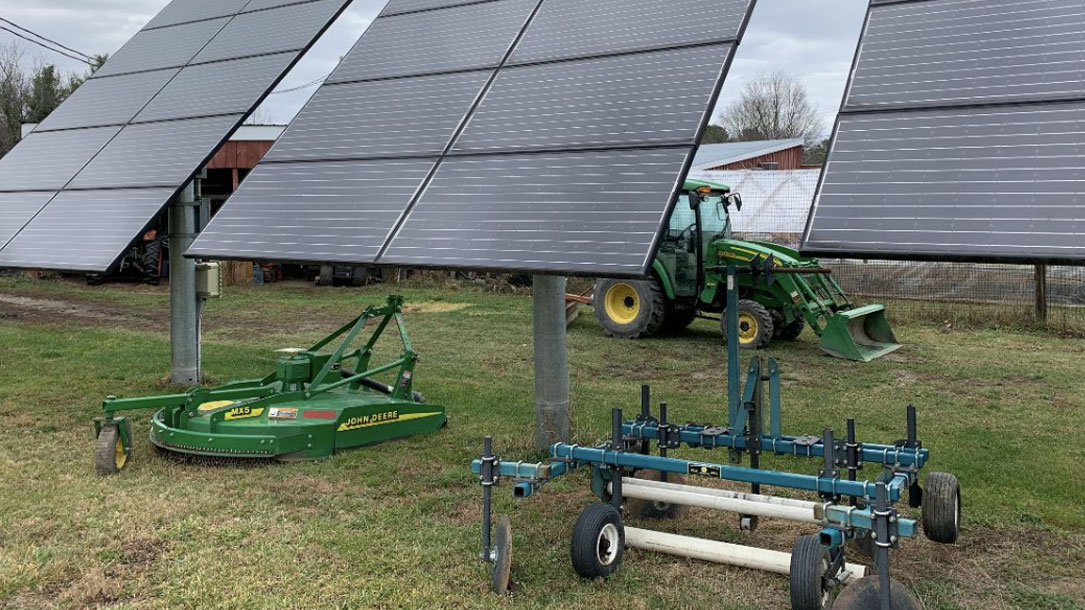
Massachusetts Clean Energy Act eases path for agrivoltaic projects
The Act clarifies that an agrivoltaic project is to be treated as an agricultural use, meaning that the land can continue to be classified as agricultural land for property tax purposes and that the project is exempt from special permit requirements.
This change in law further illustrates the legislature’s intent to help farmers continue their farming operations by utilizing renewable energy, and particularly solar energy, as a means of maintaining their land in agricultural use.
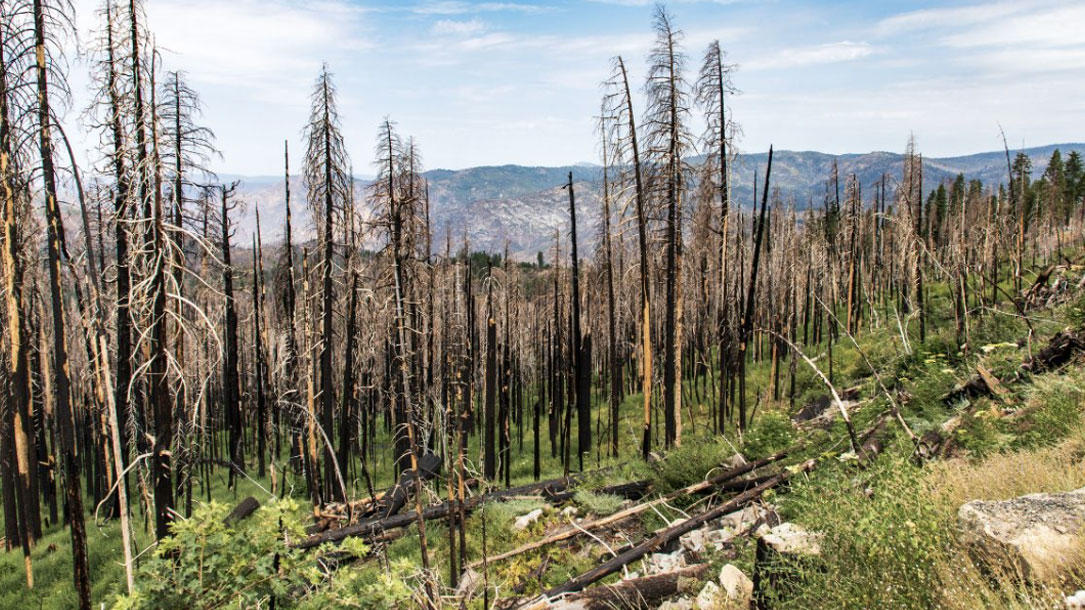
Study shows worsening wildfire smoke is unraveling decades of air quality gains
Wildfire smoke now exposes millions of Americans each year to dangerous levels of fine particulate matter, lofting enough soot across parts of the West in recent years to erase much of the air quality gains made over the last two decades.
In late September, Stanford University researchers published this study that found residents of Western states were exposed to a 27-fold increase of harmful particulate matter pollution, known as PM2.5, between 2006 and 2020 as wildfires intensified.

The world’s forests do more than just store carbon, new research finds
Researchers from the U.S. and Colombia found that, overall, forests keep the planet at least half of a degree Celsius cooler when biophysical effects — from chemical compounds to turbulence and the reflection of light — are combined with carbon dioxide…
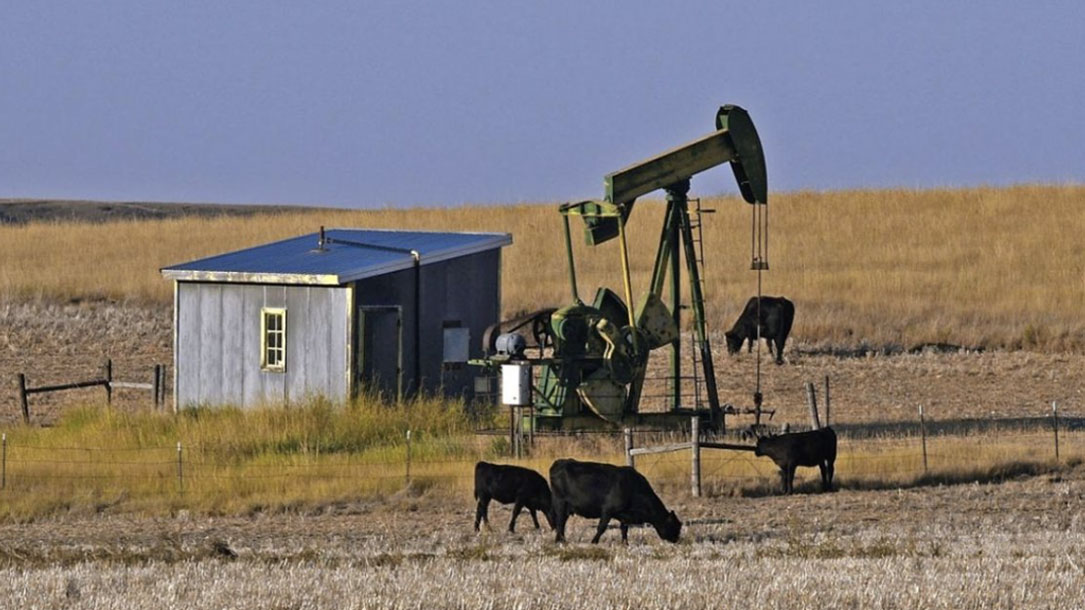
Keeping cattle on the move and carbon in the soil
The Obrechts stand at the forefront of an emerging collaboration between ranchers, conservation groups, and governmental agencies that aims to protect, restore, and revitalize the United States and Canada’s prairies — or what’s left of them…
Researchers estimate that grasslands could contain as much as 30 percent of the carbon stored in the Earth’s soil. Plowing them in order to plant crops releases large amounts of that carbon into the atmosphere…
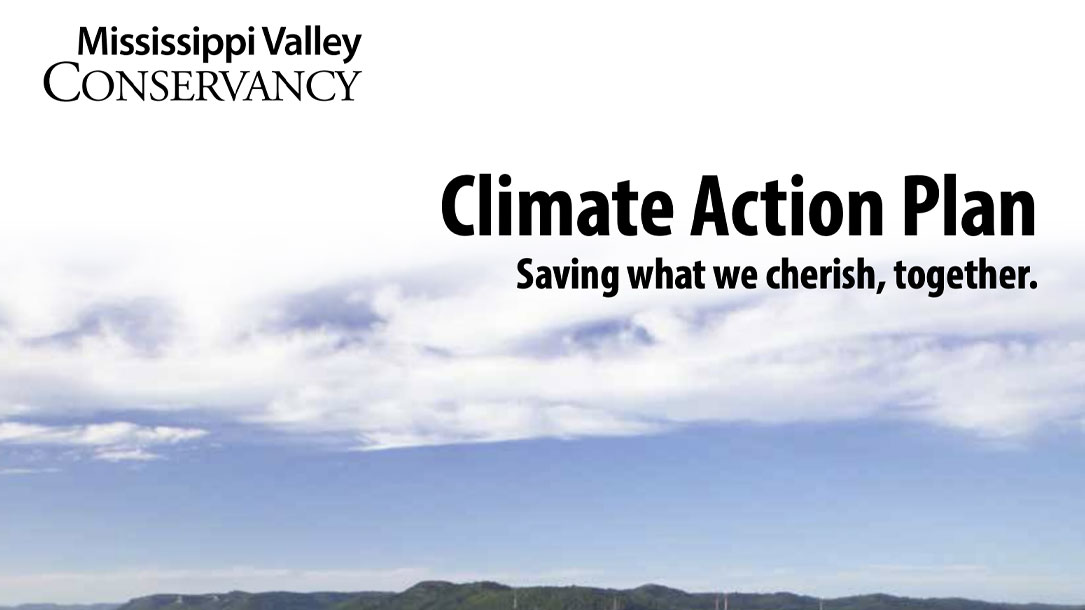
Mississippi Valley Conservancy: Climate Action Plan
What is it about the Driftless area you love? Is it the foggy mornings overlooking the valley? Or going fishing with your family in the spring? Perhaps it’s the sounds of migrating sandhill cranes and the call of the spring peepers.
Too often we think of climate change as occurring on a global scale or something that will happen in the future. Yet climate change already is causing profound changes with damaging effects to the land and water you love: wildlife habitat, lakes and streams, and farmland, right here in the Driftless Area, are at risk as never before.

Two groups want to put focus on carbon credits from urban forests
National Public Radio discusses urban carbon credit work. Lookout Mountain Conservancy is participating in this effort.
“We know trees can help address climate change. A forest sucks carbon dioxide from the atmosphere. That can be sold as a carbon credit to companies looking to offset their environmental impact. But the way those credits are calculated has long been scrutinized. And two groups want to put focus on urban forests. Bellamy Pailthorp of KNKX explains…”
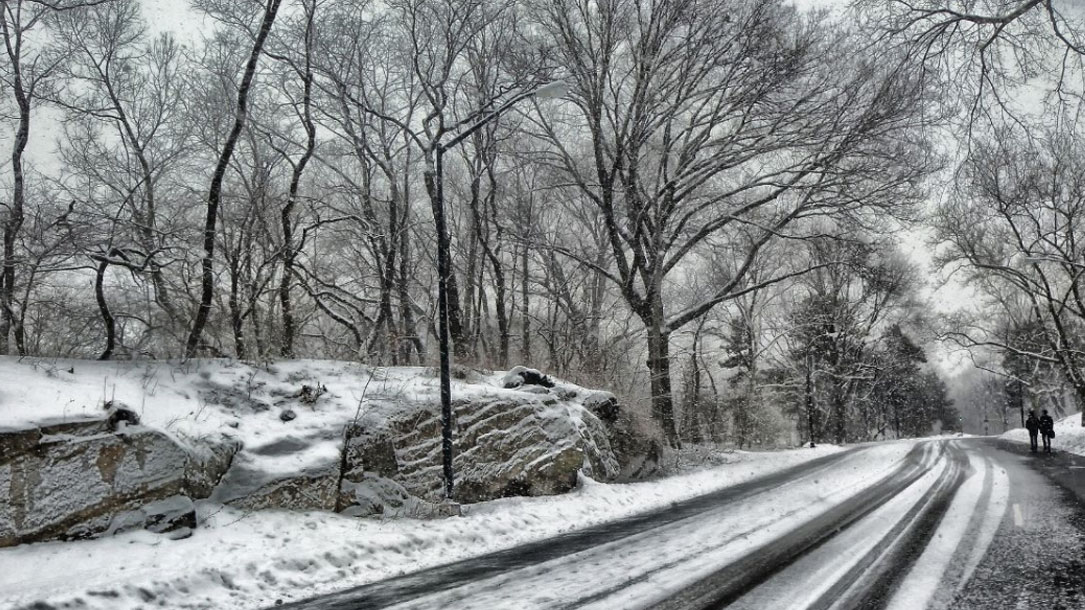
Climate-Smart Cities
Climate change affects everyone, but in cities, low-income communities often face the starkest threats. On average, low-income neighborhoods have fewer parks and green spaces to absorb stormwater, provide cooling shade, and protect homes and businesses from flooding. [TPL] help(s) cities use parks and natural lands as “green infrastructure” serving four objectives…












